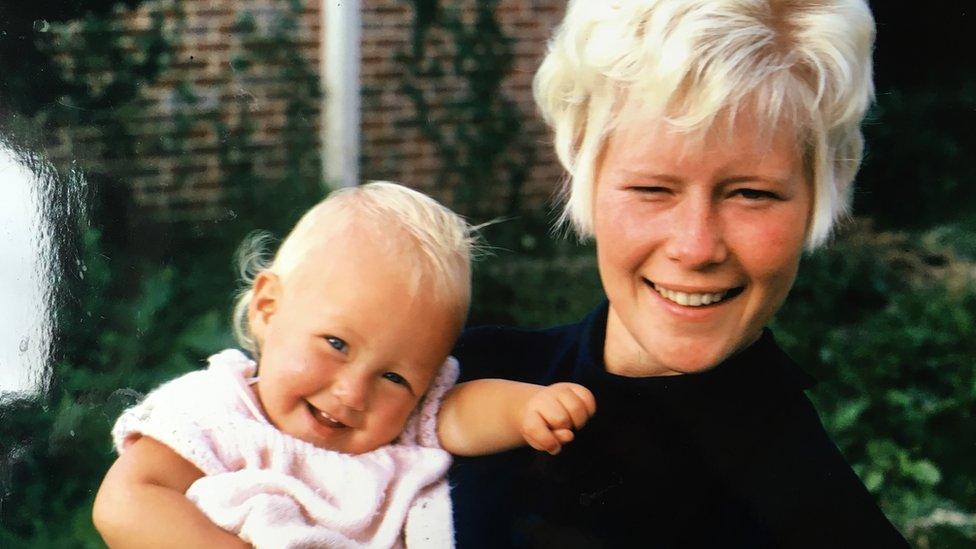Carole Packman murder: Parole dates given to paper before family
- Published
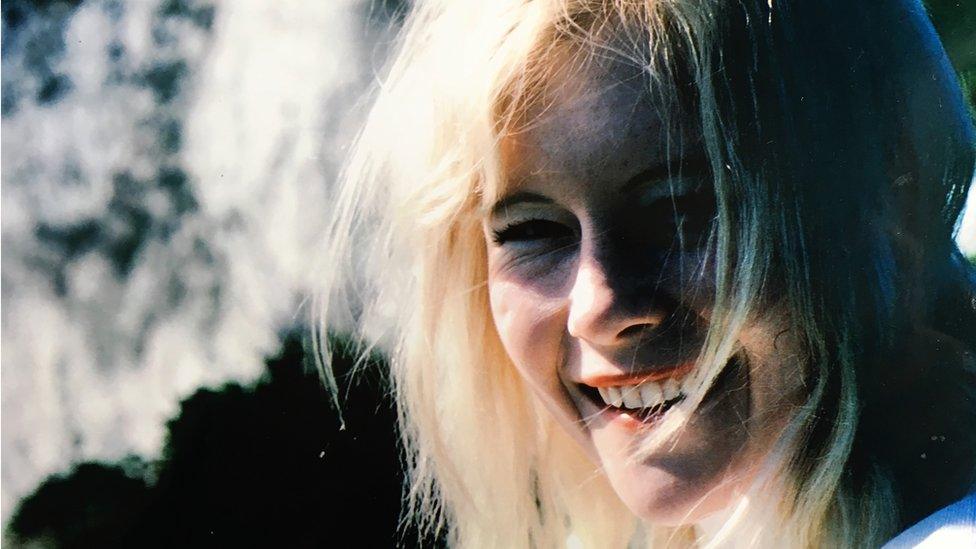
Carole Packman disappeared in 1985 aged 40 and her body has never been found
The Ministry of Justice (MoJ) has said it is "deeply sorry" that a murderer's parole dates were given to a local newspaper before the victim's family.
Russell Causley was freed in 2020 for the 1980s murder of his wife Carole Packman in Bournemouth but was recalled to jail last November.
Ms Packman's family had been chasing details for 79-year-old Causley's latest parole hearing for weeks.
But they first had to read about it in a Bournemouth Daily Echo article, external.
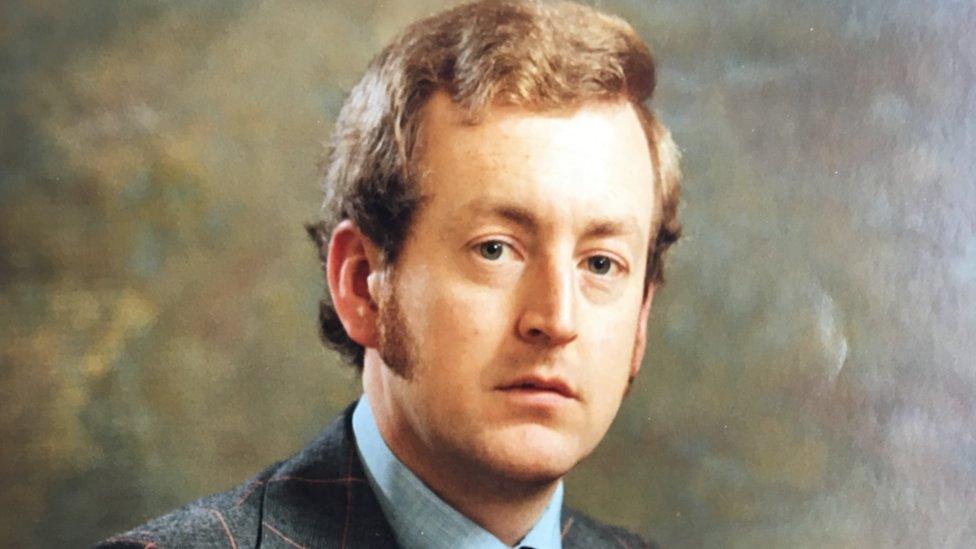
Russell Causley was jailed for fraud after a botched attempt to fake his own death
In a statement released to the BBC, an MoJ spokesman said: "We are deeply sorry for the distress this has caused Carole's family and are working closely with the Parole Board to make sure this kind of error doesn't happen again."
Family spokesman Neil Gillingham, the grandson of Causley and Ms Packman, said they also wanted to know what the killer's licence breach had been so suitable parole statements could be prepared.
The licence conditions were understood to place restrictions on locations he could visit, including areas where Causley previously told fellow inmates he had hidden his wife's body.
Mr Gillingham, 32, said: "If people are asking whether I think my grandfather should be released, my opinion would change hugely and differ completely depending on the licence breach."
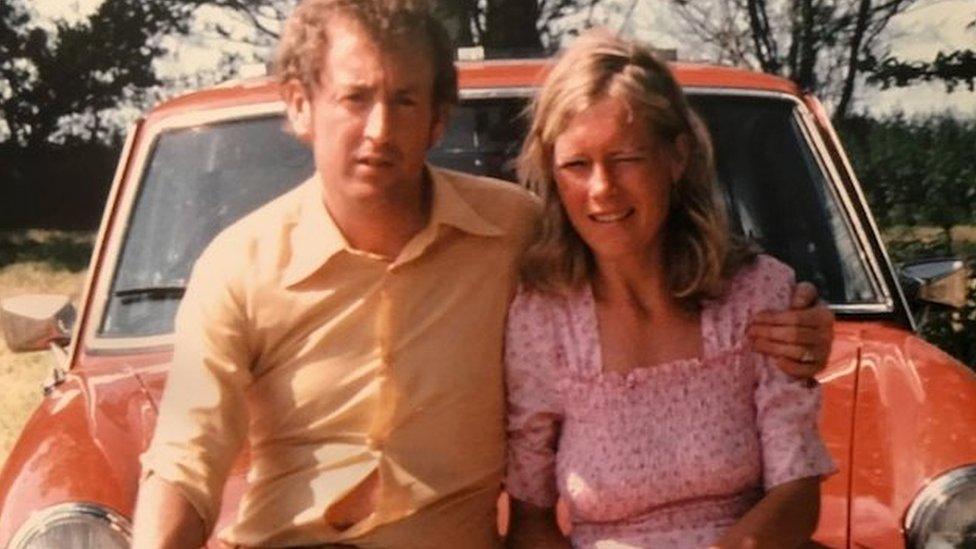
Russell Causley married his wife in 1965
Causley, who worked alongside his wife in the aviation industry, was caught out as a murderer after a botched attempt to fake his own death as part of an elaborate insurance fraud in the early 1990s.
His daughter has since revealed how Causley subjected her and her mother to physical and psychological abuse, as well as moving his lover into the matrimonial home.
Mr Gillingham described his grandfather as "cunning" and said Causley used parole hearings as "a platform to continue to viciously and psychologically attack my mother and I".
Causley had been having regular parole hearings since becoming eligible for release in 2012.
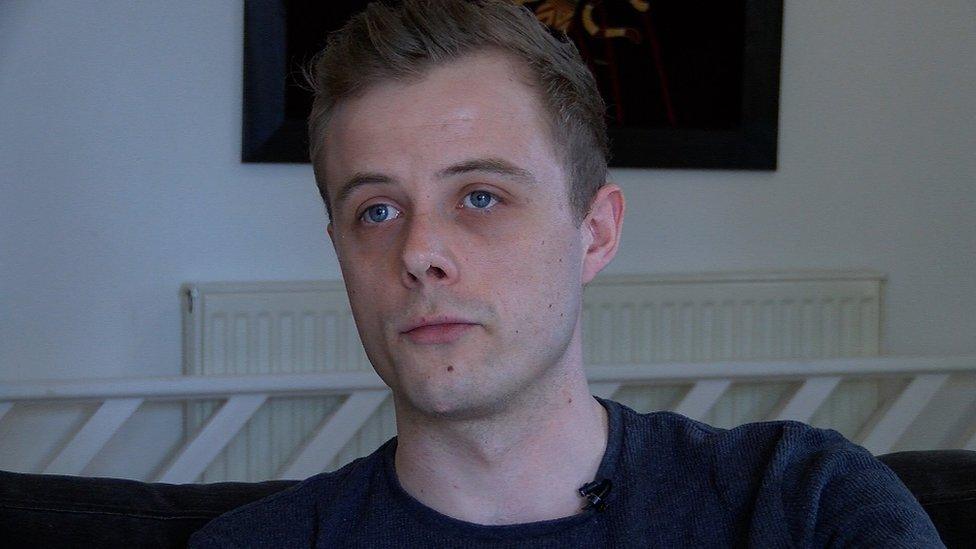
Neil Gillingham said not knowing what happened to his grandmother's remains has been "draining psychologically"
"The pain and the trauma and the length of the fight is taking its toll - not only on mum but also on me and I have no doubt on Russell Causley too," Mr Gillingham said.
"It could all be relieved in a heartbeat if he had a backbone and spoke up and did the honourable, decent thing [by telling us where the body is]."
Helen's Law gained royal assent, external in 2020 after a campaign by the mother of murder victim Helen McCourt. It places a legal duty on the Parole Board to consider the anguish caused by murderers who refuse to disclose the location of a victim's body.
However, Mr Gillingham said the legislation was a "law with no teeth" and has failed to fulfil its aim of keeping killers like Causley incarcerated.
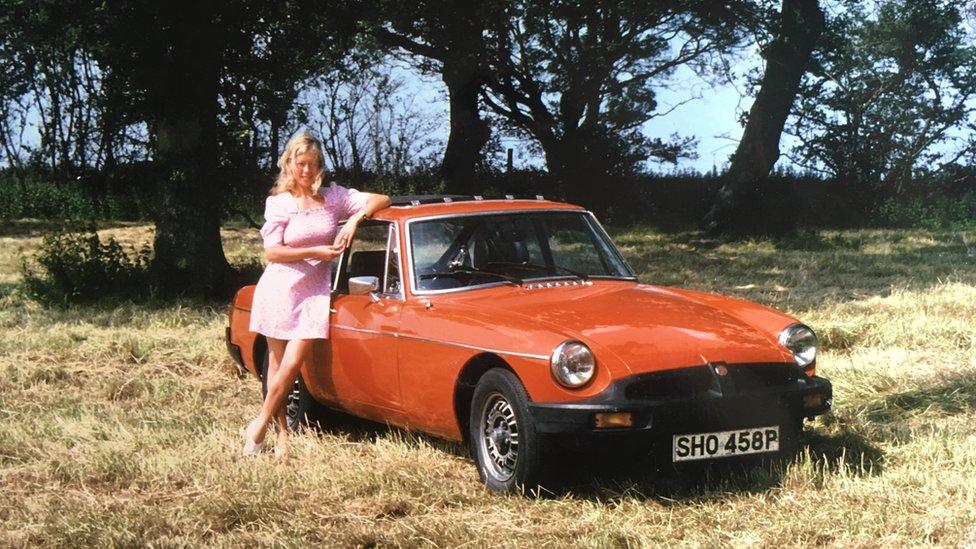
Carole was an aeronautical draughtswoman and travelled the world
"I said he couldn't behave himself and guess what? It's no surprise he's now back behind bars and we're back on the rollercoaster of parole hearing after parole hearing," said Mr Gillingham.
An MoJ spokesperson said Helen's Law meant judges could impose tougher sentences on murderers who conceal their victim's remains but that a "no body, no parole" law would have likely been "successfully challenged in the courts".
"There are also practical problems in that such a proposal may have incentivised offenders to lie, thus compounding a family's pain," the spokesperson added.
A Parole Board spokesperson said it was "not standard practice" for the details of a licence breach to be revealed.
Causley's parole hearing could be one of the first in UK history to be held in public.

Follow BBC South on Facebook, external, Twitter, external, or Instagram, external. Send your story ideas to south.newsonline@bbc.co.uk, external.
Related topics
- Published27 July 2022
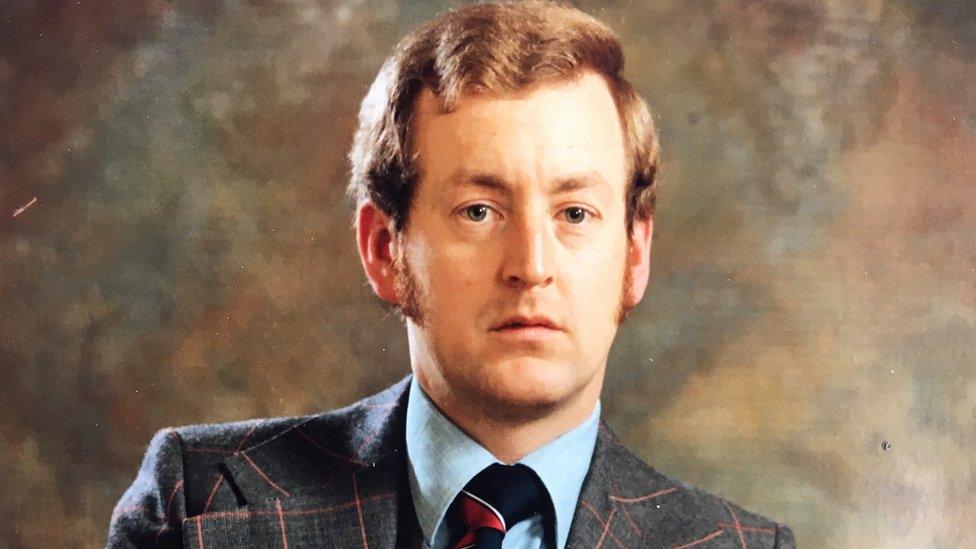
- Published29 November 2021

- Published3 March 2020
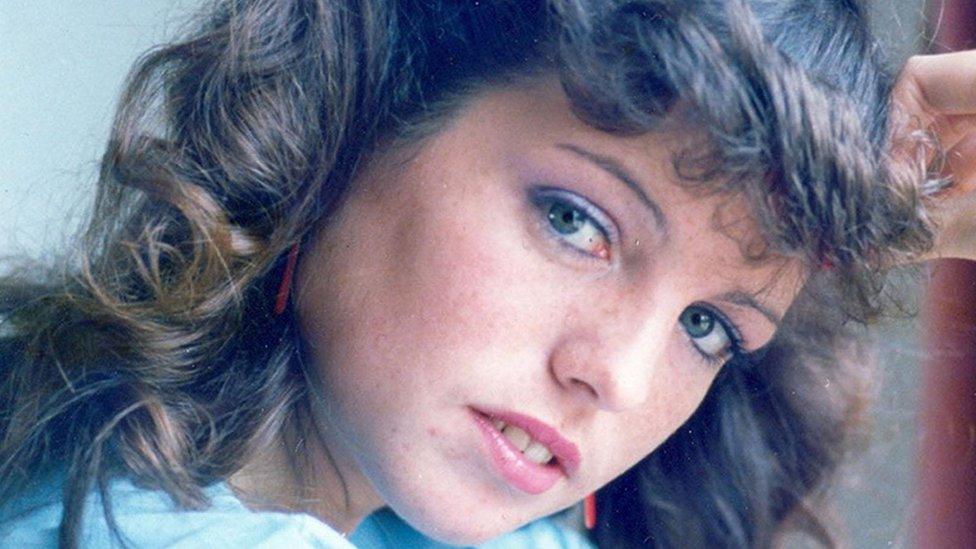
- Published21 May 2018
